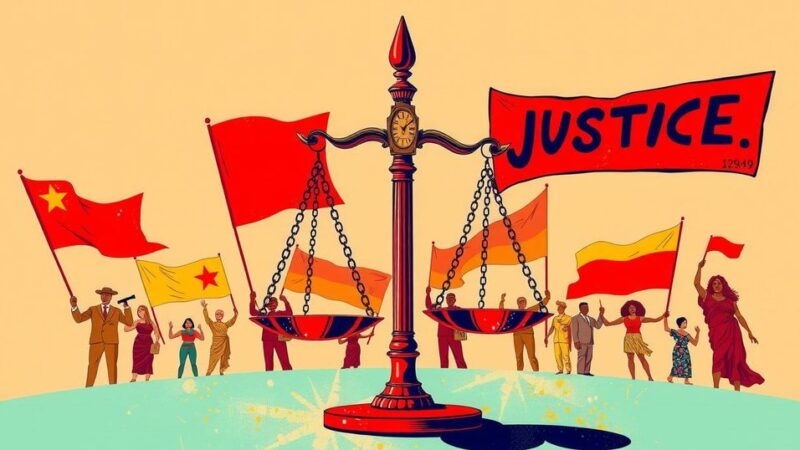- Trump administration carries out prisoner swap with Venezuela.
- Around 250 Venezuelans deported from US return home.
- Ten US nationals, including Jorge Marcelo Vargas, released.
- Families celebrate after long-awaited reunions following release.
- Political implications remain unclear for repatriated Venezuelans.
Major Prisoner Swap Between US and Venezuela Takes Place
In a significant diplomatic maneuver, the Trump administration executed a notable prisoner exchange with Venezuela on Friday. This swap involved the repatriation of around 250 Venezuelans who had been deported and subsequently imprisoned in El Salvador, marking a critical moment for U.S.-Venezuelan relations. According to officials, ten U.S. nationals were released in return, indicating a reduced number of Americans held by Venezuela now, as Secretary of State Marco Rubio pointed out on social media, the last known Americans detained in the country were finally on their way back home.
Individual Stories of Those Released Highlight Complexity
Among the released Americans were Jorge Marcelo Vargas, Lucas Hunter, and Wilbert Joseph Castaneda. Reports suggest that Hunter’s sister expressed immense relief and joy upon learning about her brother’s release. She recounted how he was kidnapped by Venezuelan border guards during his vacation in Colombia back in January of this year, making the news all the more heartwarming for his family. Castaneda’s story similarly highlights the tragedy of wrongful detentions, as his brother stated that he was used as a political pawn by the Maduro regime. Beyond the individual stories, this swap showcases the complex and often challenging landscape of U.S. foreign relations with Venezuela and the greater implications for both countries.
Venezuela Confirms Repatriation of Citizens Amid Mixed Reactions
Venezuelan President Nicolás Maduro confirmed the arrival of 252 of his citizens, who returned home on flights from El Salvador Friday night. The backdrop of this exchange, however, adds layers of complexity; while U.S. officials previously deported these Venezuelans under claims of gang affiliation, family and legal representatives contested this label. Even now, it’s unclear whether those repatriated will face repercussions back home. Meanwhile, reactions from family members of some deportees who are finally returning home reflected overwhelming joy; parents, siblings, and spouses expressed their relief and excitement. Many families gathered in anticipation of reunions, highlighting the personal stakes involved in diplomatic relations.
Overall, the successful prisoner exchange reflects a significant step in U.S.-Venezuelan diplomatic relations, where families and loved ones are finally reunited after lengthy detentions. The complexities of these exchanges underscore the varied implications for the individuals involved, as many face uncertain futures amid ongoing political tensions. The exchange serves as a reminder of both the human stories at play and the geopolitical maneuvers shaping these intricate international dynamics.






